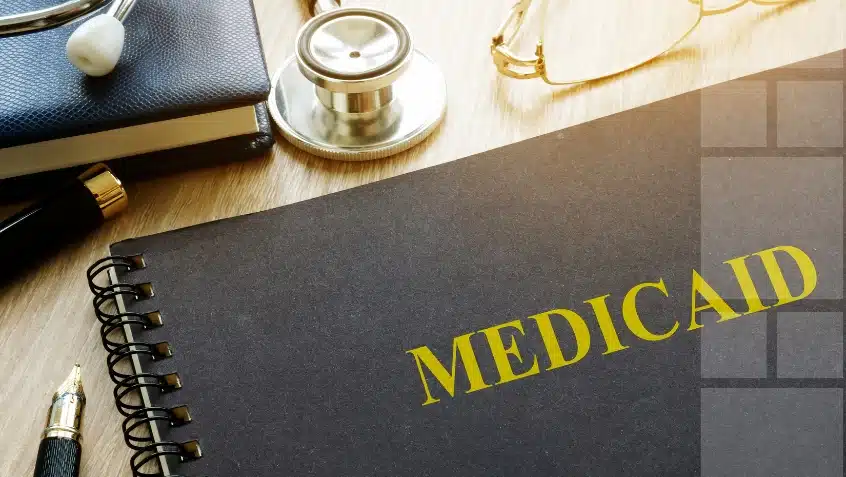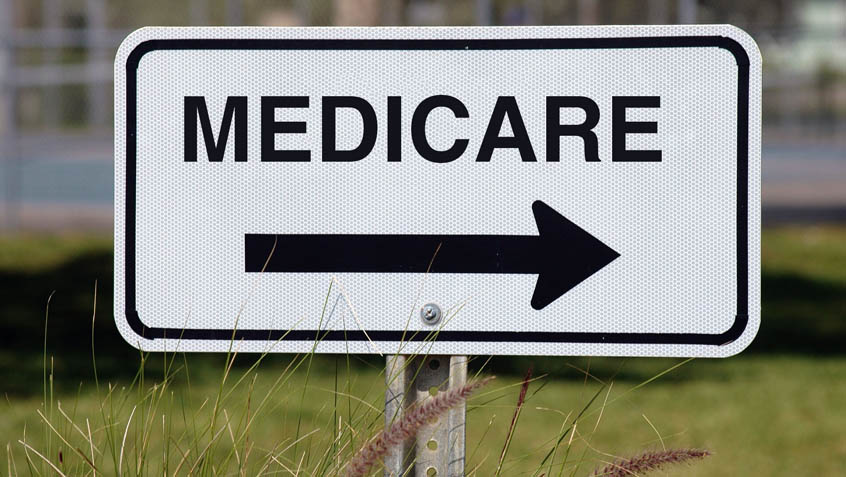
New Issue Brief Examines Medicaid Churn
The U.S. Department of Health and Human Services (HHS) Office of the Assistant Secretary for Planning and Evaluation (ASPE) recently
Join Us Live for a Discussion on Medicare, Democracy, and the Future of Health Care
Medicare Watch articles are featured in Medicare Rights’ weekly newsletter, which helps readers stay updated on Medicare policy and advocacy developments and learn about changes in Medicare benefits and rules. Subscribe now by visiting www.medicarerights.org/newsletters.

The U.S. Department of Health and Human Services (HHS) Office of the Assistant Secretary for Planning and Evaluation (ASPE) recently

At least 110 million people in the United States have received at least one dose of any of the three

The Centers for Medicare & Medicaid (CMS) recently released new data on the impact of COVID-19 on people with Medicare,

A new issue brief from the U.S. Department of Health and Human Services (HHS) Office of the Assistant Secretary for

High drug prices may keep many people from accessing and affording the medications they need to stay well. In a

The recent COVID-19 relief bill, the American Rescue Plan (ARP), makes important changes to help older adults, people with disabilities,

The Kaiser Family Foundation (KFF) recently highlighted some common questions and answers about how the Medicare program is funded. According

The Centers for Medicare & Medicaid Services (CMS), the agency that runs the Medicare program, recently reversed a change to

Last month, the Biden administration began work to reverse a harmful public charge immigration rule that disproportionately harmed older adults

The COVID-19 public health emergency (PHE) sparked a host of major changes to the Medicare program, including wider use and

The U.S. Department of Health and Human Services (HHS) Office of the Assistant Secretary for Planning and Evaluation (ASPE) recently

At least 110 million people in the United States have received at least one dose of any of the three

The Centers for Medicare & Medicaid (CMS) recently released new data on the impact of COVID-19 on people with Medicare,

A new issue brief from the U.S. Department of Health and Human Services (HHS) Office of the Assistant Secretary for

High drug prices may keep many people from accessing and affording the medications they need to stay well. In a

The recent COVID-19 relief bill, the American Rescue Plan (ARP), makes important changes to help older adults, people with disabilities,

The Kaiser Family Foundation (KFF) recently highlighted some common questions and answers about how the Medicare program is funded. According

The Centers for Medicare & Medicaid Services (CMS), the agency that runs the Medicare program, recently reversed a change to

Last month, the Biden administration began work to reverse a harmful public charge immigration rule that disproportionately harmed older adults

The COVID-19 public health emergency (PHE) sparked a host of major changes to the Medicare program, including wider use and